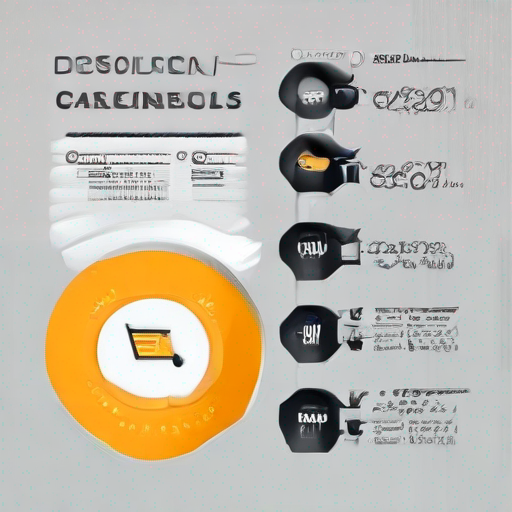Best Keyword Research Tool List: Revealing the Top Tools for SEO Mastery
In today’s digital landscape, understanding your target audience’s search habits is crucial for driving organic traffic to your website. The right keyword research tool can help you uncover hidden gems, stay ahead of the competition, and create content that resonates with your audience. In this article, we’ll delve into the best keyword research tools available, highlighting their unique features, pros, and cons.
Why Keyword Research Matters
Before we dive into the top tools, let’s quickly cover why keyword research is essential for SEO:
- Targeted Content: By identifying relevant keywords, you can create content that speaks directly to your audience’s needs, increasing engagement and conversion rates.
- Competitor Analysis: Understanding your competitors’ strengths and weaknesses helps you develop a tailored strategy to outrank them.
- SEO Optimization: Keyword research informs on-page optimization, including meta tags, titles, and descriptions.
The Top Keyword Research Tools
Here are the top keyword research tools, categorized by their primary features:
1. Long-tail Keywords
- Ahrefs: A comprehensive SEO toolkit with a built-in keyword research tool.
- Pros: Offers long-tail keywords, SERP analysis, and content suggestions.
- Cons: Can be overwhelming due to the sheer amount of data provided.
2. Keyword Suggestion
- Google Keyword Planner: A free tool from Google Ads that provides keyword suggestions based on search volume and competition.
- Pros: Free, easy to use, and offers a vast number of suggested keywords.
- Cons: Limited functionality compared to paid tools.
3. SEO Audit
- SEMrush: A comprehensive digital marketing toolkit with a built-in keyword research tool.
- Pros: Offers an SEO audit, competitor analysis, and technical SEO recommendations.
- Cons: Can be overwhelming due to the sheer amount of data provided.
4. Content Analysis
- Moz Keyword Explorer: A powerful keyword research tool that offers content suggestions based on search volume and competition.
- Pros: Offers a comprehensive view of keywords, including search volume and competition.
- Cons: Can be overwhelming due to the sheer amount of data provided.
5. Mobile-Friendliness
- AnswerThePublic: A unique keyword research tool that provides long-tail keywords based on real-world searches.
- Pros: Offers a vast number of long-tail keywords and is easy to use.
- Cons: Limited functionality compared to paid tools.
The Best Keyword Research Tool for You
While each tool has its strengths, the best one for you will depend on your specific needs. Consider the following factors:
- SEO Experience: If you’re new to SEO, Ahrefs or SEMrush might be overwhelming. Google Keyword Planner is a good starting point.
- Content Focus: If you focus on content creation, Moz Keyword Explorer or AnswerThePublic could be more suitable.
- Budget: If budget is a concern, Google Keyword Planner and AnswerThePublic are free options.
Key Takeaways
| Tool | Long-tail Keywords | SEO Audit | Content Analysis | Mobile-Friendliness |
|---|---|---|---|---|
| Ahrefs | ||||
| Google Keyword Planner | ||||
| SEMrush | ||||
| Moz Keyword Explorer | ||||
| AnswerThePublic |
Conclusion
Choosing the best keyword research tool is crucial for driving organic traffic and creating effective content. By considering your specific needs, you can select the right tool to help you achieve SEO mastery. Remember to always keep an eye on your target audience’s search habits and adjust your strategy accordingly.
For more information on the best keyword research tools, check out our comprehensive guide: best keyword research tool list.

